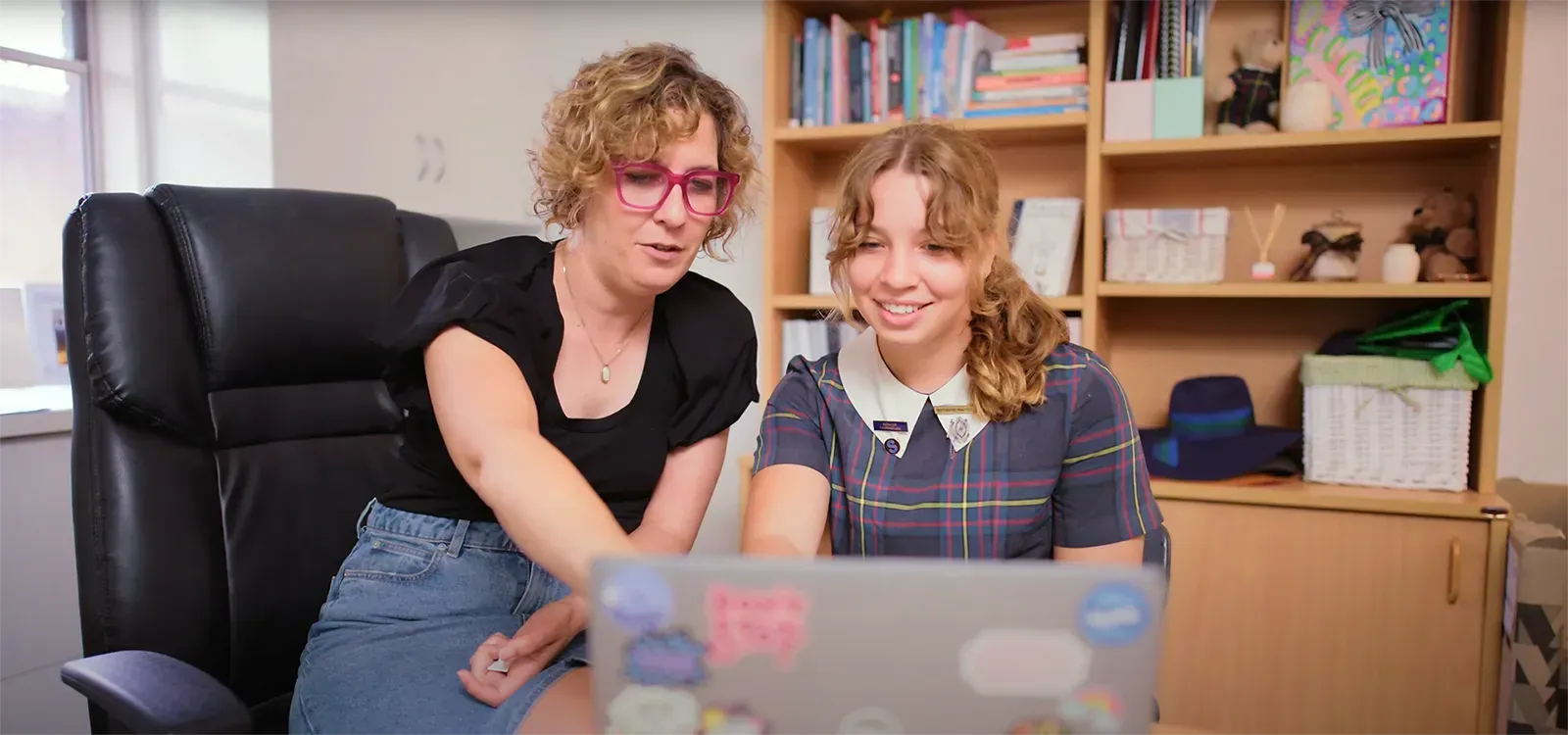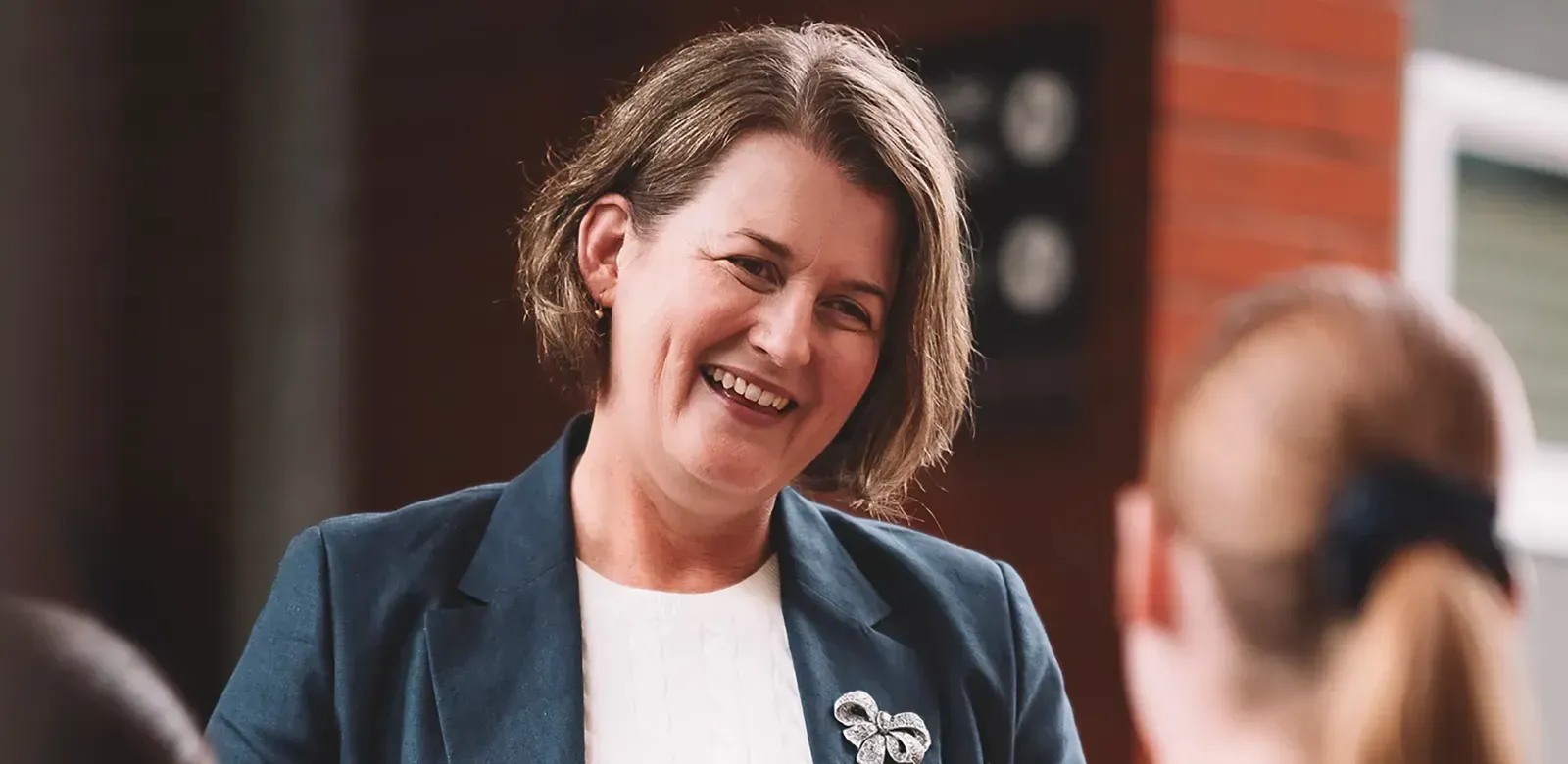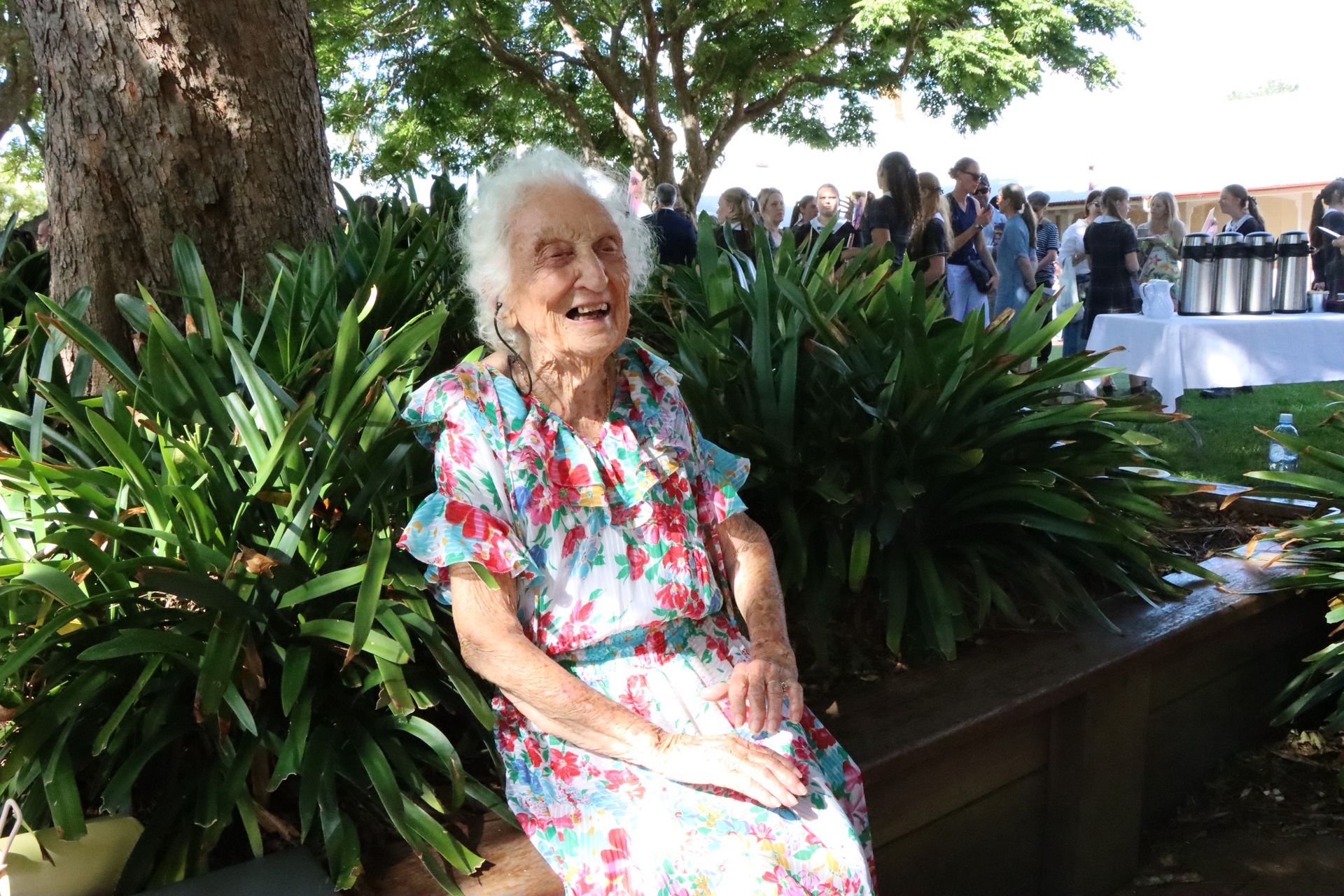We need to talk about…
Yes, uncomfortable as it may be, we do need to talk about consent. We need to talk about how to speak confidently and autonomously. We need to discuss the differences between consent and dissent.
Leesa Waters, Deputy CEO at the National Association for Prevention of Child Abuse and Neglect reminds that “Schools cannot do this alone. Parents cannot do this alone. We all have to say we are committed to this because we want change.” In the compliance culture that underpins conventional schooling and traditional homes, young people need opportunity to exert agency – not just in matters of sex but, from the earliest age, in general decision-making around choices that affect them, directly.
This is not just about being able to say no, it also about engendering the confidence to say yes. I have a memory of being twelve and driving home with my friend and her mother in their bronze-coloured Chrysler Charger. Her mother asked, ‘What would you like to do, Linda – would you like to come back to our house, or go straight home?’ The arrangement had been that we would see a movie and then I would be dropped home straight after. Her question was a departure from the script. I looked at my friend who offered no input – she was used to decision-making, autonomy, and agency. She seemed aligned with her mother’s thinking which was genuinely around this being my decision, not theirs. I replied, ‘I’d like to come back to your house if that’s OK.’ This may seem to be a trite example, yet, in my world, at that time, plans were parent-driven and generally adhered to. Power rested entirely with adults. I felt a small sense of liberation in saying yes, and, in that small moment, I was learning about decision-making.
Conversely, how easily do we say no? How easily do any of us step beyond that which is expected that which has been cultivated in a power discourse, and speak our mind? Recently, I was struck by a conversation with a student whose co-curricular load is expansive. She spoke of another activity of interest, but also of her seemingly impossible time juggle. I asked, ‘How does the idea of saying no sit with you?’ Because we need to learn to say no in situations that are not high stakes, situations where it is safe to decline, because there will be circumstances, throughout our life, where it feels dangerous to say no, yet vital that we do. Having listened to both of Leonie Smith’s Digital Parenting sessions in the past week, I am reminded (how can one forget, really?) of the pervasiveness of the on-line world where agency is diminished, it would seem, as we click our way further into an image culture that is broader and deeper than us. Resistance to this lure takes skill. It does take an ability to self-regulate – to say no. So, our children need to start practicing from an early age - even in the most mundane of circumstances.
How often do you find yourself saying yes – agreeing to something or someone, when you would rather say no? Broadly, consent exists in places and spaces that have nothing to do with sex. Consent is about choosing agreement, negotiating outcomes, and resisting compliance in circumstances where you actually want to say no. I am not talking about our children declining to do tasks that help a home or school operate well. I am talking about the gaps we might allow in situations of choice – invitations to exert agency. Extrapolating further, this creates a practice field for exercising choice over our bodies. McClung (2022) in his article ‘How do you teach a primary school child about consent? refers to a line from a recommended book that states ‘Your body belongs to you, and you are the boss of it.’ It’s a simple truism but an important one to reinforce.
Waters (cited in Dillon, 2021) says [that] children need to learn they have a choice in how they react to situations, so that when they are older, they do not resort to blaming someone else’s behaviour for their own actions. She gives the example about learning mutual consent through play.
Waters talks about how to assist your child to negotiate a play stalemate by saying -
‘It looks like they don’t want to play that right now. Why don’t you talk to them about something you both want to play?’
Yes, teaching consent is about empowering agency in young people – in the words they choose, and in the way they confidently articulate yes, or no. We need to begin conversations around respect from the earliest of ages and to allow our children opportunities for real decision-making. An openness to do so and a willingness to discuss that which is uncomfortable sets a sturdy platform for your child’s future self. It may be that these conversations create the cornerstone of the strength to say no, or to say yes, in the most vital of circumstances. Developing an understanding of how to respectfully consent or dissent needs to form an on-going dialogue, and we need to talk about it – often, openly and from the earliest of ages.
Dr Linda Evans | Principal
REFERENCES
Ewen, K. ‘Beyond the Talk: Teaching Your Kids About Consent.’ The Gottman Institute.
Hendriks, J. (2021). ‘Consent isn’t as simple as ‘no means no’. Here’s what you need to know’. ABC News online. 24 Feb 2021.
Lubis, I. (2021). ‘Navigating the complexity of teaching consent’. Upstart. 11 May 2021.
McClung, J. (2022). ‘How do you teach a primary school child about consent? You can start with these books.’ . The Conversation. 23 September 2022.
Millar, C. (2021). ‘Teaching consent to toddlers: ‘I’m happy we’re starting to have this conversation’’ The Guardian. 2 June 2021.
Northover, K. (2023). Porn and the ‘manosphere’ SBS series is tough to watch, but it’s must-see TV.
The Sydney Morning Herald. 12 April 2023.
Dillon, (2021). ‘Teaching consent to children: The joke is where it starts and rape is where it ends.’ The Guardian. 21 March 2021. Accessed 18/04/2023
SBS On Demand. (2021).
‘Asking For It’: Episode 1 »






